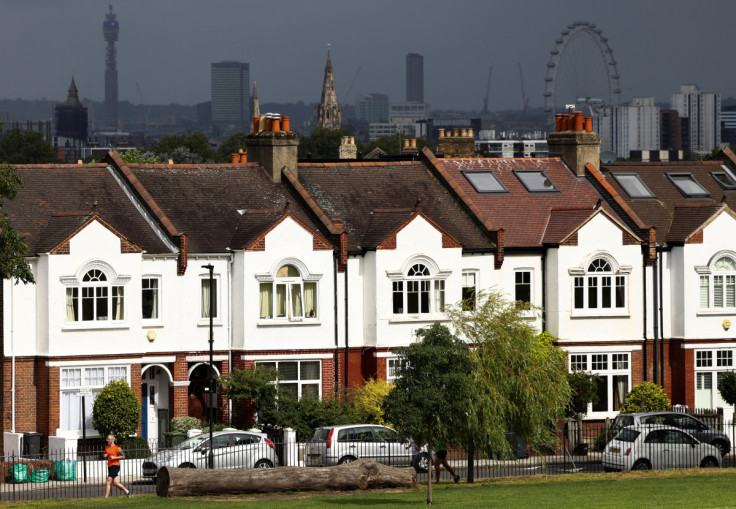UK housing market faces steepest annual price drop in 14 years
The abrupt increase in mortgage rates in recent months has been a response to the Bank of England's actions, which have raised interest rates 14 times since December 2021.

In a surprising turn of events, the UK housing market has witnessed a significant decline in house prices, marking the steepest annual drop in 14 years.
According to data released by the Nationwide Building Society, house prices in the United Kingdom fell by 5.3 per cent in August compared to the same month of the previous year.
This sharp decline has raised concerns across the nation, reminiscent of the challenging times during the global financial crisis in July 2009.
The primary driver behind this unprecedented decline has been the soaring mortgage costs, which have dissuaded potential homebuyers from entering the market. With average house prices now more than £14,500 lower than they were just one year ago, the dream of homeownership has become increasingly elusive for many.
In addition to the falling prices, mortgage approvals have plummeted by a fifth when compared to pre-pandemic levels, further exacerbating the situation.
In the month of August alone, house prices experienced a 0.8 per cent drop compared to the previous month, resulting in the typical price of a UK home declining to £259,153.
Commenting on this unexpected trend, the chief economist at Nationwide, Robert Gardner noted: "The softening is not surprising given the extent of the rise in borrowing costs in recent months, which has resulted in activity in the housing market running well below pre-pandemic levels."
One of the key factors contributing to the surge in mortgage costs has been the rapid increase in mortgage rates, triggered by the Bank of England's decision to raise interest rates repeatedly.
Since December 2021, the central bank has raised interest rates 14 times, pushing rates up from 0.1 per cent to the current level of 5.25 per cent. The consequences of these rate hikes have reverberated throughout the housing market, influencing both potential buyers and homeowners.
Nationwide's report also shed light on the decline in the number of completed house sales, revealing a stark 20 per cent decrease in the first half of the year when compared to 2019 figures.
The contrast is even more pronounced when compared to 2021, a year marked by a housing sales boom attributed to factors such as historically low-interest rates and the government's implementation of a stamp duty holiday.
While cash purchases have remained relatively strong, the number of completed transactions involving mortgages has seen a significant decline.
Gardner elaborated: "Home mover completions with a mortgage in the first half of 2023 were 33 per cent lower than 2019 levels, while first-time buyer numbers were about 25 per cent lower. By contrast, cash purchases were actually up two per cent. The relative weakness of mortgage activity reflects mounting affordability pressures as a result of the sharp rise in mortgage rates since last autumn."
In recent days, a report by the property portal Zoopla has further fuelled concerns within the housing market. The report predicts that the number of homes sold in the UK this year will plummet to the lowest level in over a decade, primarily due to the soaring cost of mortgages that are deterring potential homebuyers.
The forecast for completed house sales in 2023 indicates a staggering 21 per cent year-on-year drop, with transactions expected to reach approximately one million, a level not seen since 2012.
Tomer Aboody, a director of the property lender MT Finance, emphasised the growing challenges faced by prospective buyers, stating: "Constant interest rate rises are making affordability difficult for buyers who are trying to move, with many having little option but to wait until rates settle."
Aboody stated: "With some better news on inflation recently, it would be useful if the Bank of England postponed the next rate rise, giving the market some breathing space to adjust."
The sudden and dramatic decline in UK house prices and the substantial drop in mortgage activity have sent shockwaves throughout the housing market and the broader economy.
As homeowners grapple with falling property values and potential buyers remain on the sidelines due to rising mortgage costs, the future trajectory of the UK's housing market remains uncertain.
© Copyright IBTimes 2024. All rights reserved.






